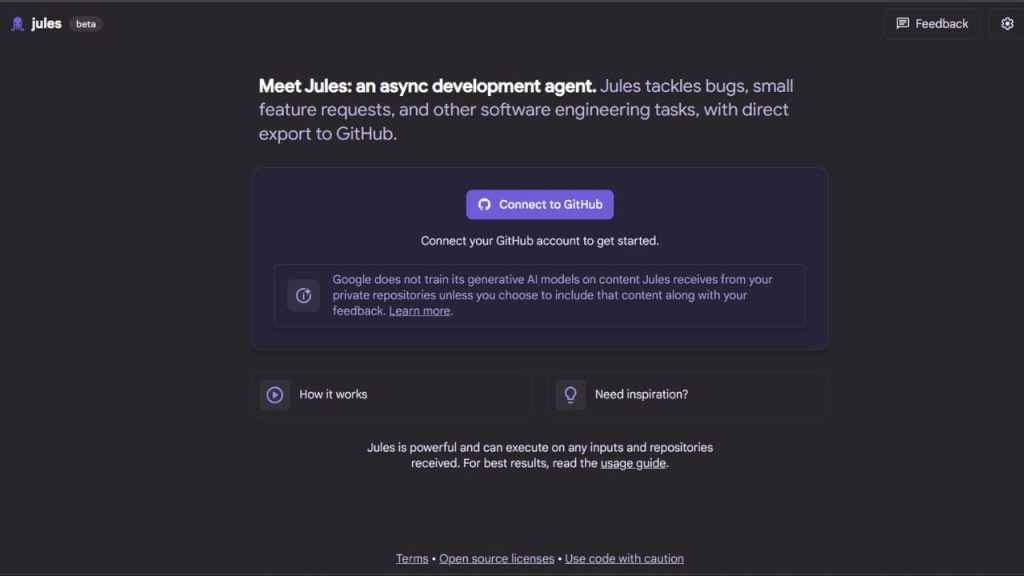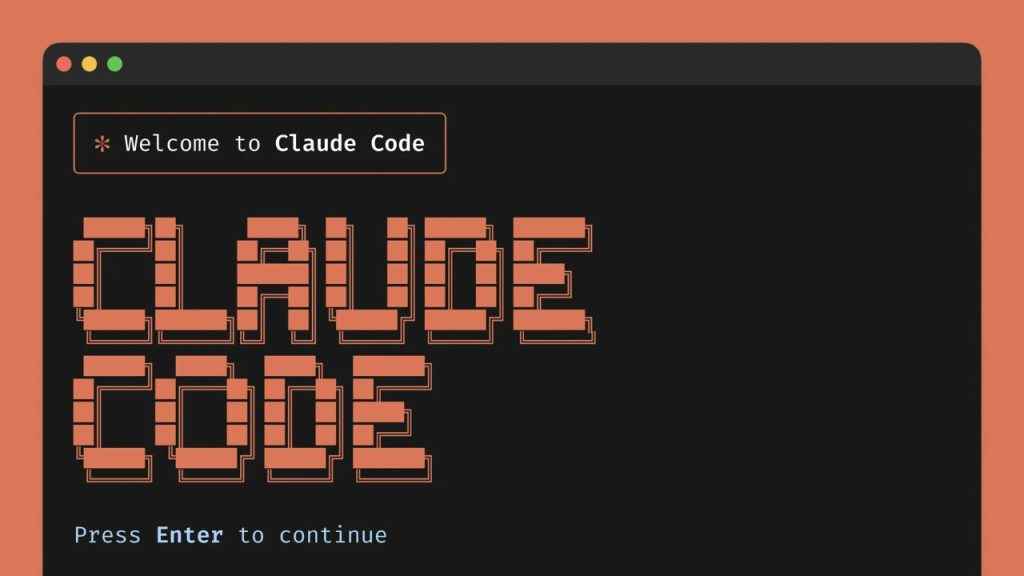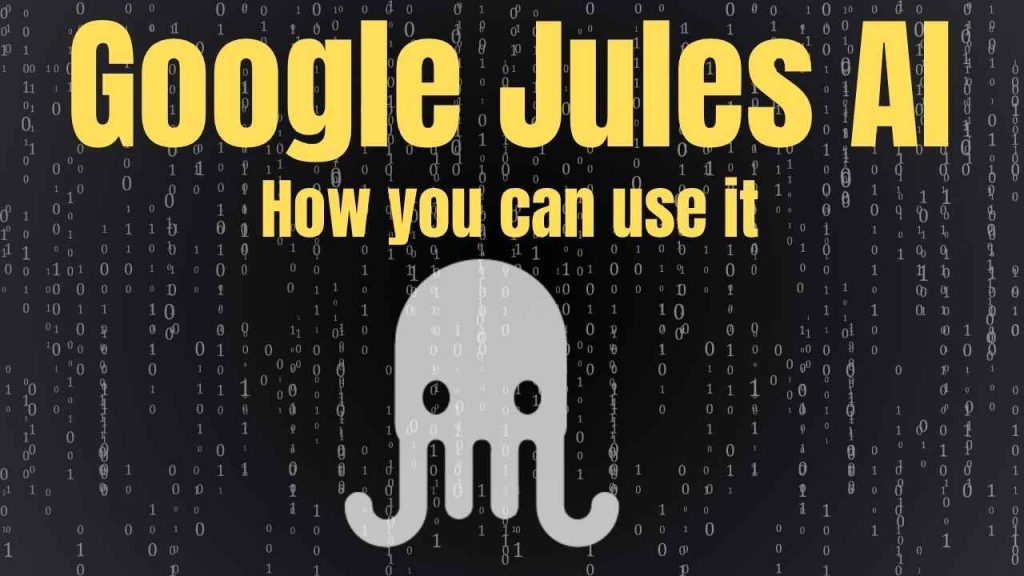Software development is a fast-paced world where there are a ton of tedious tasks like writing tests, fixing bugs, or updating dependencies that often slow down even the most talented developers. Enter Google Jules, a new autonomous AI coding assistant that promises to take on these chores, quietly, efficiently, and independently. Unlike many AI tools that rely on chat-based interactions, Jules works behind the scenes, analyzing entire codebases and submitting changes without constant input.
Also read: Claude 4 Explained: Anthropic’s Thoughtful AI, Opus and Sonnet
How Jules Transforms Coding Tasks
Google Jules is powered by the company’s advanced Gemini 2.5 Pro AI model, designed specifically to understand complex software projects. The journey begins when a developer links their GitHub repository to Jules. Rather than simply answering prompts or suggesting snippets, Jules clones the entire repository into a secure Google Cloud Virtual Machine, creating a safe digital workspace for its analysis.


Also read: The Era of Effortless Vision: Google Veo and the Death of Boundaries
Once connected, developers can assign specific tasks – for example, “Write unit tests for this module,” “Fix the login bug,” or “Update outdated dependencies.” Jules then examines the codebase in detail and generates a step-by-step plan describing how it intends to carry out the task. What makes Jules unique is its ability to present this plan both as a written report and an audio changelog, allowing developers to absorb the proposed updates in a format that suits them best.
Only after receiving the developer’s approval does Jules autonomously execute the plan, making the necessary code changes and submitting a pull request for final review. This method ensures that human oversight remains central while offloading routine coding work to AI.
Beyond Chatbots: Jules vs. Conversational AI
The rise of conversational AI assistants like Anthropic’s Claude has redefined how developers interact with machines. Claude excels at answering questions, brainstorming ideas, and generating code snippets through chat. However, it requires users to manually integrate suggestions into their projects, lacking direct repository control.


Jules offers a different paradigm. Its asynchronous, autonomous operation means it doesn’t wait for back-and-forth dialogue or incremental instructions. Instead, it digests entire codebases, plans changes holistically, and delivers fully implemented solutions ready for integration. Unlike Claude, Jules directly integrates with GitHub, creating pull requests and streamlining the entire development lifecycle.
Another distinction is Jules’ audio summaries, a novel approach that helps developers keep pace with changes without sifting through lengthy commit histories. This feature caters to those who prefer auditory updates or want to multitask during code reviews.
While Claude remains invaluable for conversational assistance and problem-solving, Jules positions itself as a proactive collaborator, built to carry out discrete coding tasks independently.
The Future of Autonomous Coding Agents
Currently in public beta, Jules is free to use with some limits – specifically, up to five autonomous tasks per day. Google has indicated plans to introduce a pricing model as the service matures. One of Jules’ core strengths lies in its privacy-first design: it runs code analysis and modifications within isolated environments, and crucially, it does not use your private code to further train its underlying AI model.
The arrival of Jules reflects a broader evolution in AI-assisted development. Tools are moving beyond simple suggestion engines or chat helpers to become full-fledged team members capable of executing complex tasks autonomously. For developers juggling multiple responsibilities, this shift could mean less time spent on repetitive work and more focus on creativity, architecture, and innovation.
However, the adoption of autonomous coding agents like Jules also raises questions. How will teams balance trust and control? Will developers feel comfortable delegating significant parts of their codebase to AI? And how will these tools integrate with existing workflows without disrupting established practices?
Only time will tell how the developer community embraces this new breed of AI assistant. What’s clear is that Google Jules marks an important milestone: the move from AI as a passive helper to AI as an active contributor in software development.
Also read: Mark Zuckerberg says AI will write most of Meta’s AI code by 2026

